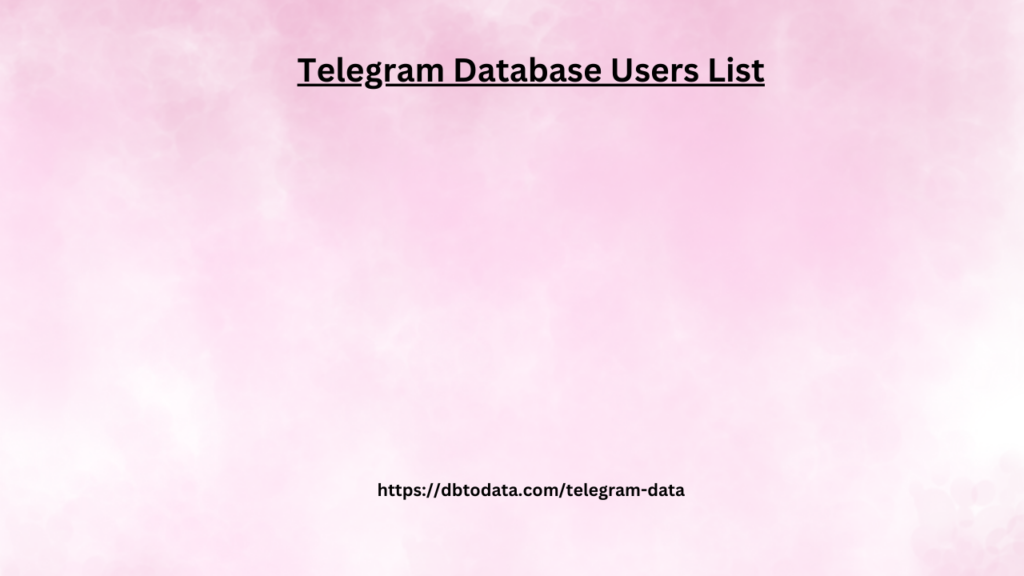Your cart is currently empty!
A promising year ahead for scientific publishing
2023 emerged as a landmark year for scientific publishing,
characterized by widespread calls for reform from researchers, journal editors,
funding agencies, government and non-governmental entities alike.
As we reflect on the year, there are more voices within the academic community
peaking to the need of the existing publishing and research evaluation systems to change.
If you missed our monthly
Open Science Round-up newsletters, this blog post encapsulates the key events and
nitiatives that defined 2023 as a milestone year for open
science and scientific publishing, and offers insights into key trends to follow in 2024.
Criticism and Resignations
Researchers and academics globally have shared concerns
about the restrictive and commercially-oriented nature of publication
practices, leading to a series of resignations by journal editors in response to these challenges.
In April, the 40-member editorial board of NeuroImage resigned to protest against the high Article
Processing Charges. The editorial board went on to found a new open access journal, Imaging Neuroscience, partnering with MIT Press. The new journal aims to have a lower article processing charge (APC), and will offer free publication for telegram database users list authors from low- or middle-income countries.
In May,
Most editorial board members of the journal Critical boost your cinco de mayo sales with these website popup strategies Public Health of Taylor & Francis quit, protesting the imposition of an APC of £2700 per article (USD $3,400). Like the previous board of NeuroIlmage, this group also launched a new journal, the Journal of Critical Public Health (JCPH), published by the University of Calgary in Canada and managed by the non-profit entity, the Critical Public Health Network, based in the UK. NeuroImage and Critical Public Health are not isolated incidents – other resignations took place in journals run by commercial publishers who consumer data were charging high APCs.
High APCs
pose a significant barrier to equitable and inclusive publishing, but are not the only challenge for diverse publishing. Gender discrimination remains a persistent issue, highlighting the need for a more inclusive and fairer scholarly environment. Jillian Goldfarb, associate professor of chemical engineering at Cornell University, resigned as Co-Editor-in-Chief of Elsevier’s journal, Fuel, citing Elsevier’s prioritization of profits over quality, handling of ethical issues, and gender bias. She expressed her disappointment with Elsevier in a LinkedIn post, and announced her commitment to fostering an inclusive STEM community.
These resignations
served as a powerful statement against the status quo, highlighting issues such as high fees, lack of open access, equity issues, and use of journals as proxy measures of the quality of science.The rising challenge of integrity in academic publishing2023 was a challenging year for scholarly publishing, with significant focus on integrity issues, highlighted by instances of journal delisting, papermill scandals, and a notable increase in retractions.Some 50 journals were delisted by the database and indexing site Web of Science for not meeting quality standards. The result will see the delisted journals lose their Impact Factor, a metric generally regarded as a hallmark of scientific research quality.
